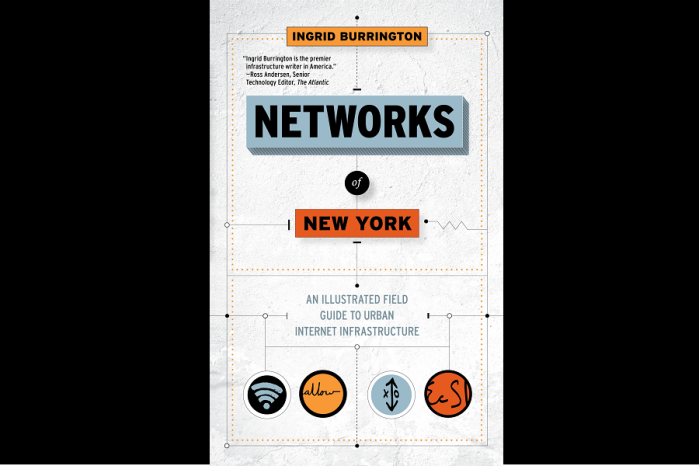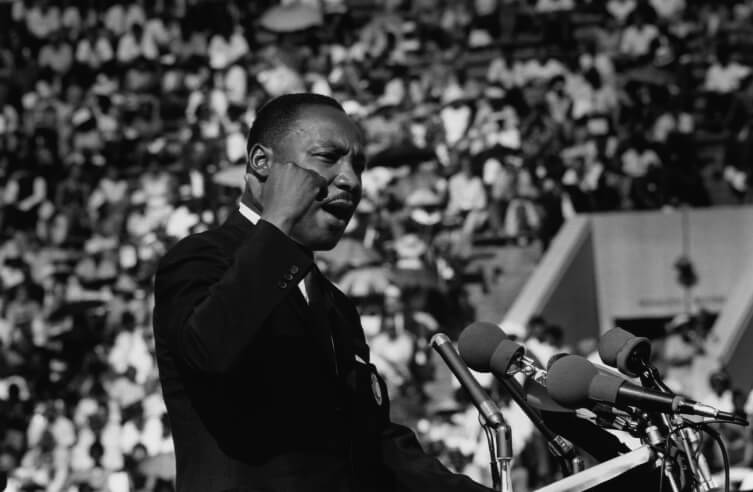Growing up in an affluent Washington, D.C. suburb, Christina McDowell (née Christina Prousalis) had a picture-perfect life. But when she was 18, her life came crashing down when her father, Tom Prousalis, was arrested for fraud in connection with the conviction of Jordan Belfort, who was characterized in “The Wolf of Wall Street.” McDowell’s father went to prison and her family lost everything. She opens up to us about her decision to tell the story from her point of view in her new memoir, “After Perfect.” The book is so personal. Was it a difficult decision to be so open?
I started writing my story many, many years ago as a way to process everything that was happening, but I fictionalized it because it was too painful to write any other way. I showed it to a couple friends and they said, “No, it’s not working.” This is a case of life being stranger than fiction. I started collecting letters, emails and everything from that time in my life and it slowly turned into a memoir. For me, it was about healing. It created a pathway to the truth and I learned more about myself than I think I ever intended to. What is your relationship like with your father now?
I do not have a relationship with my father today.
When “The Wolf of Wall Street” came out, you wrote an open lettercriticizing the film’s glorification of greed. Did you see the movie as a mockery to your life? I just couldn’t understand why Martin Scorcese would chose to make a movie about a man who had hurt so many people and exclude the victims. Whether he meant it to or not, it opened up a lot of wounds for many, many people and I know that because I received thousands of emails of support from people sharing their personal stories. Learning of your father’s crime must have been really confusing for you because you grew up idolizing him quite a bit.
Oh, of course. I think every child can relate to this idea of putting your parents up on a pedestal. I had a really hard time when it happened. It happened when I was 18. At that age, legally you’re an adult, but you’re not prepared for the real world. You’re really active with InsideOut Writers, a non-profit for incarcerated youth. Do you think your past influenced your decision to work with them? Absolutely. I relate to them because of my own feeling of abandonment, struggle to survive and being touched by the criminal justice system.
Writing is what healed you, so now you’re helping them heal in the same way.
Exactly. Writing is so healing and we use it as a way to transform ourselves. We have the best time.
What is your viewpoint on money and wealth now?
I don’t think there’s anything wrong with having money or seeking to live a big life, but I do believe in ethical and moral boundaries with money. When you cross an ethical and moral line, that’s where greed comes in and I certainly don’t believe in living a greedy life. Follow Emily on Twitter: @EmLaurence
Christina McDowell on her life ‘After Perfect’

Elisabeth Caren






















